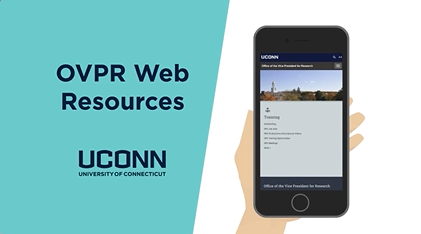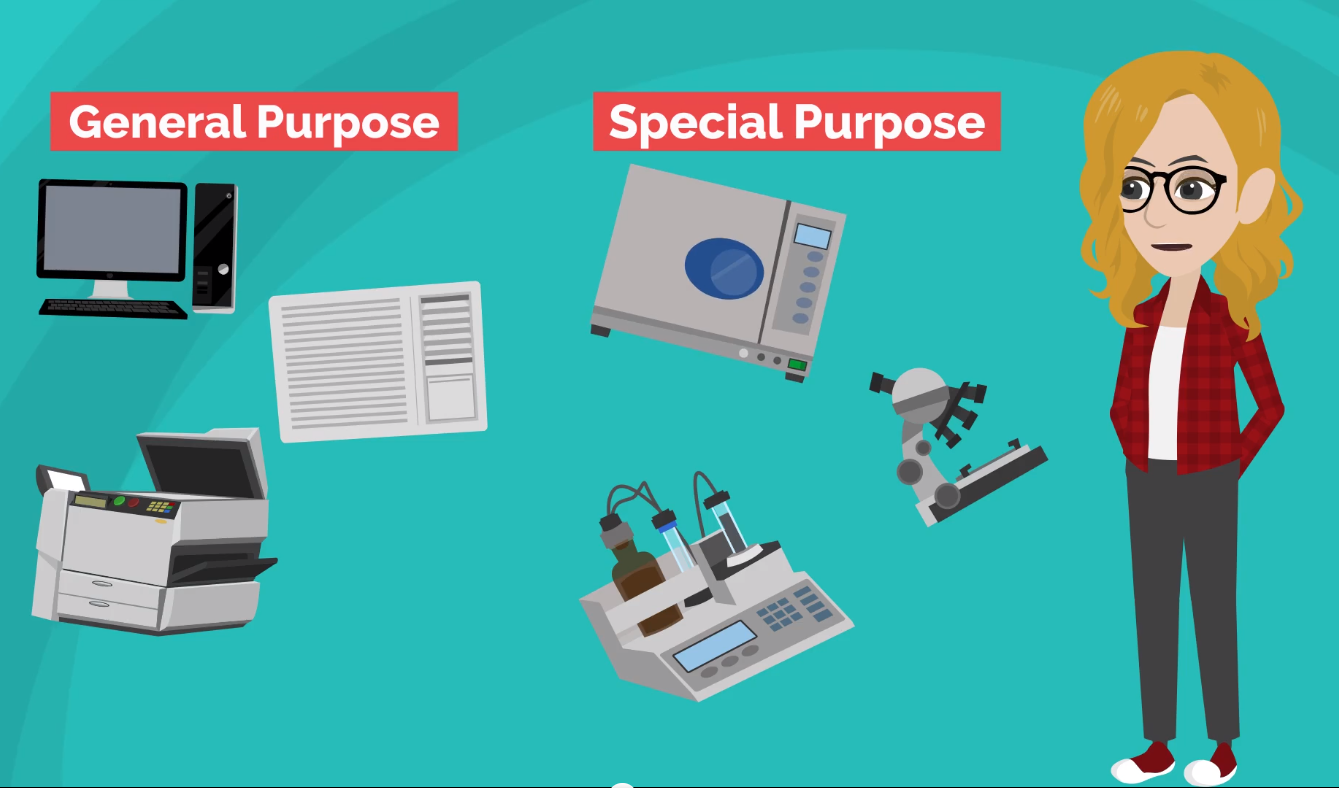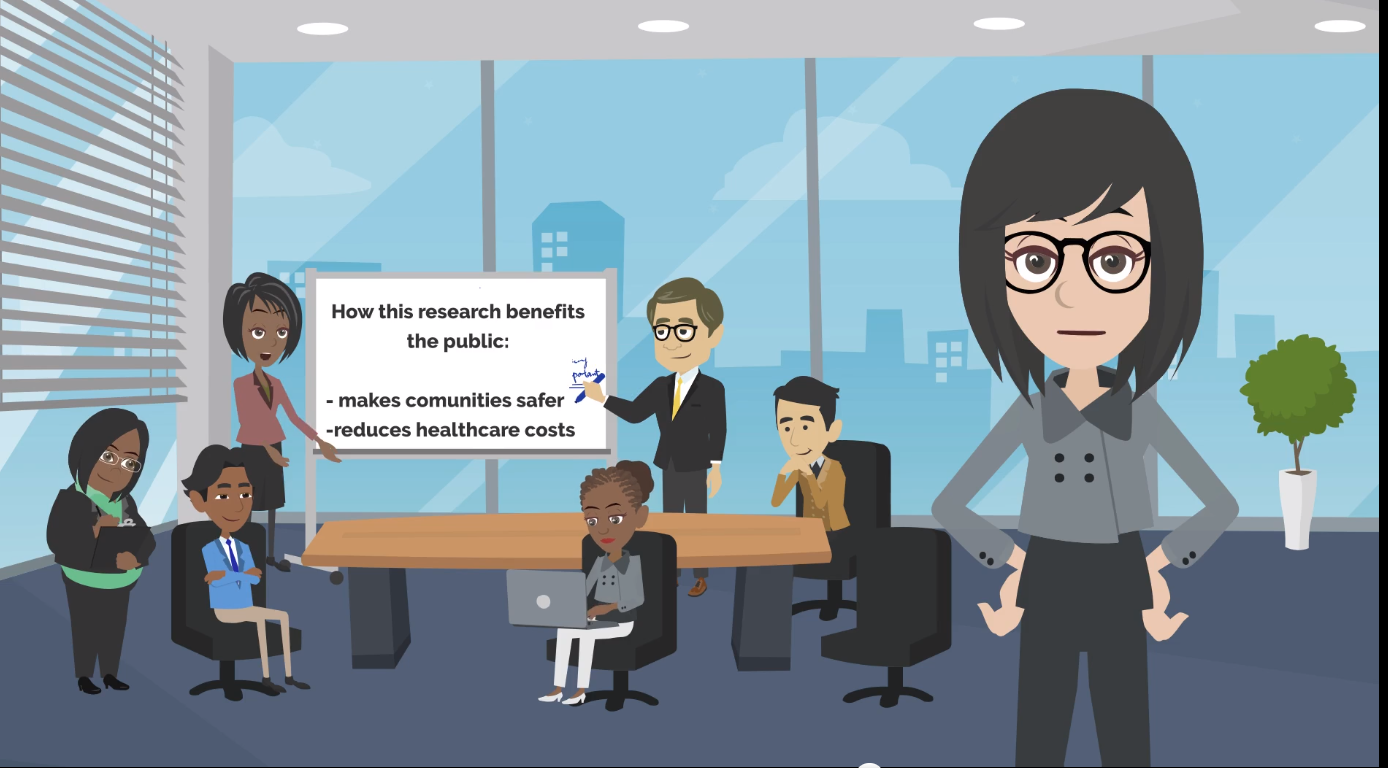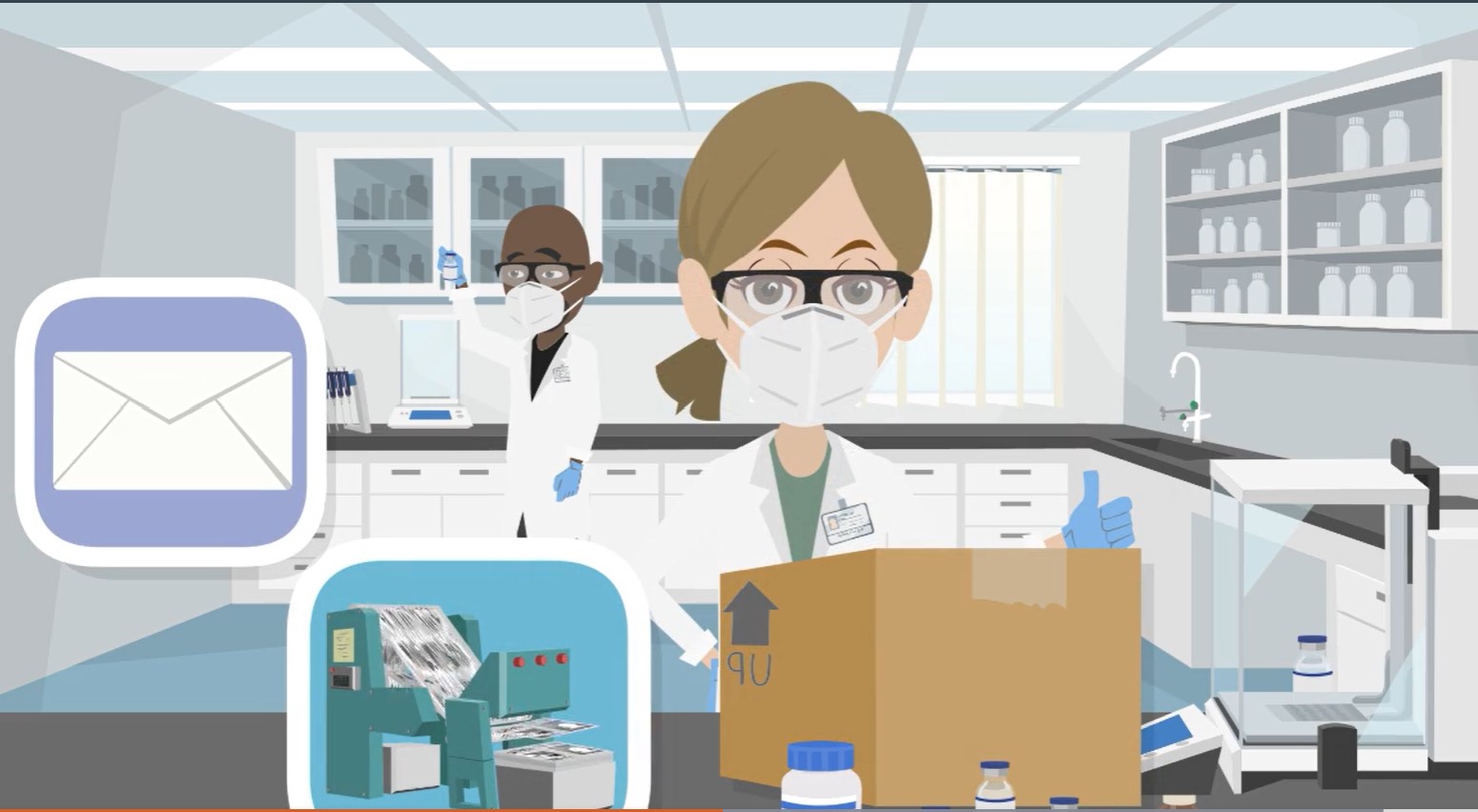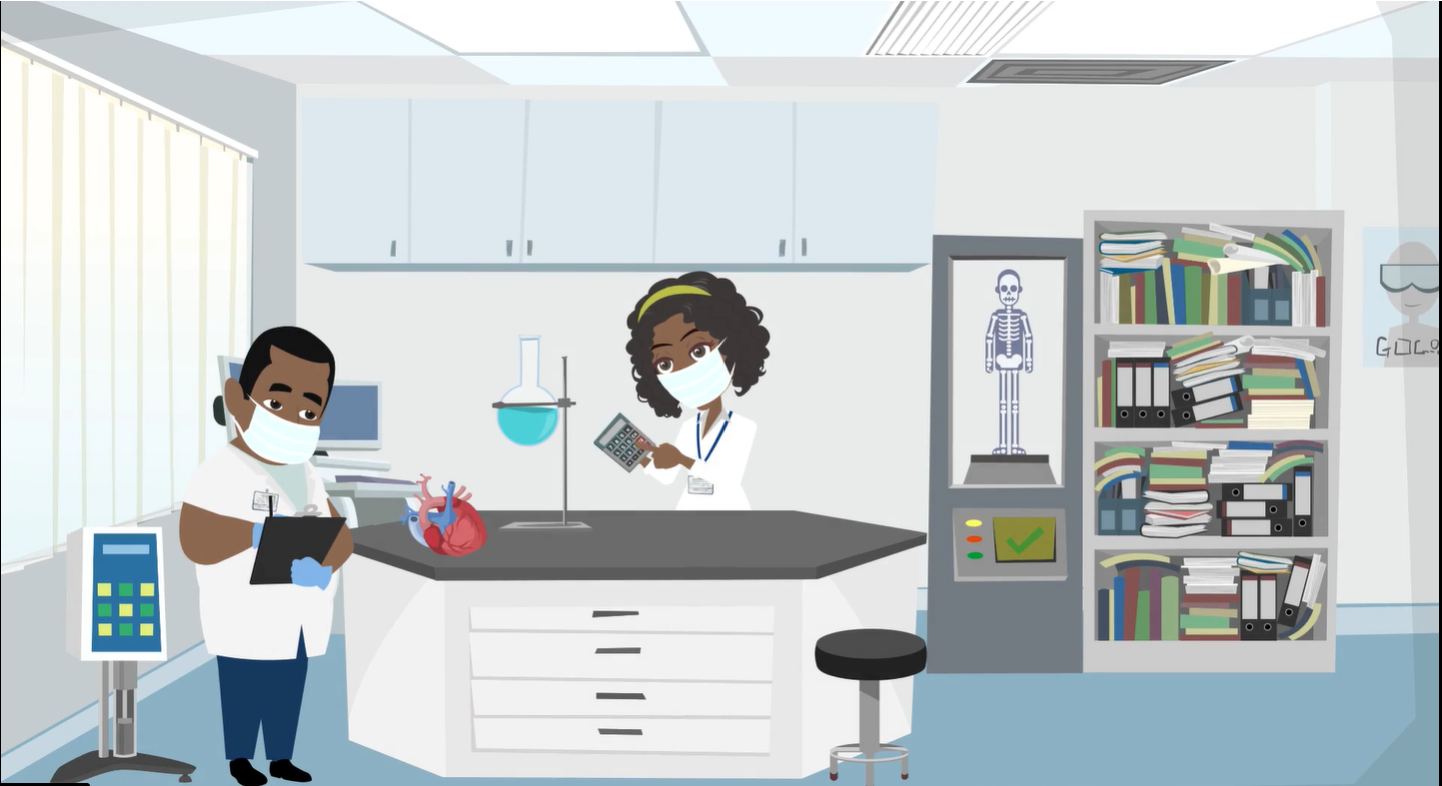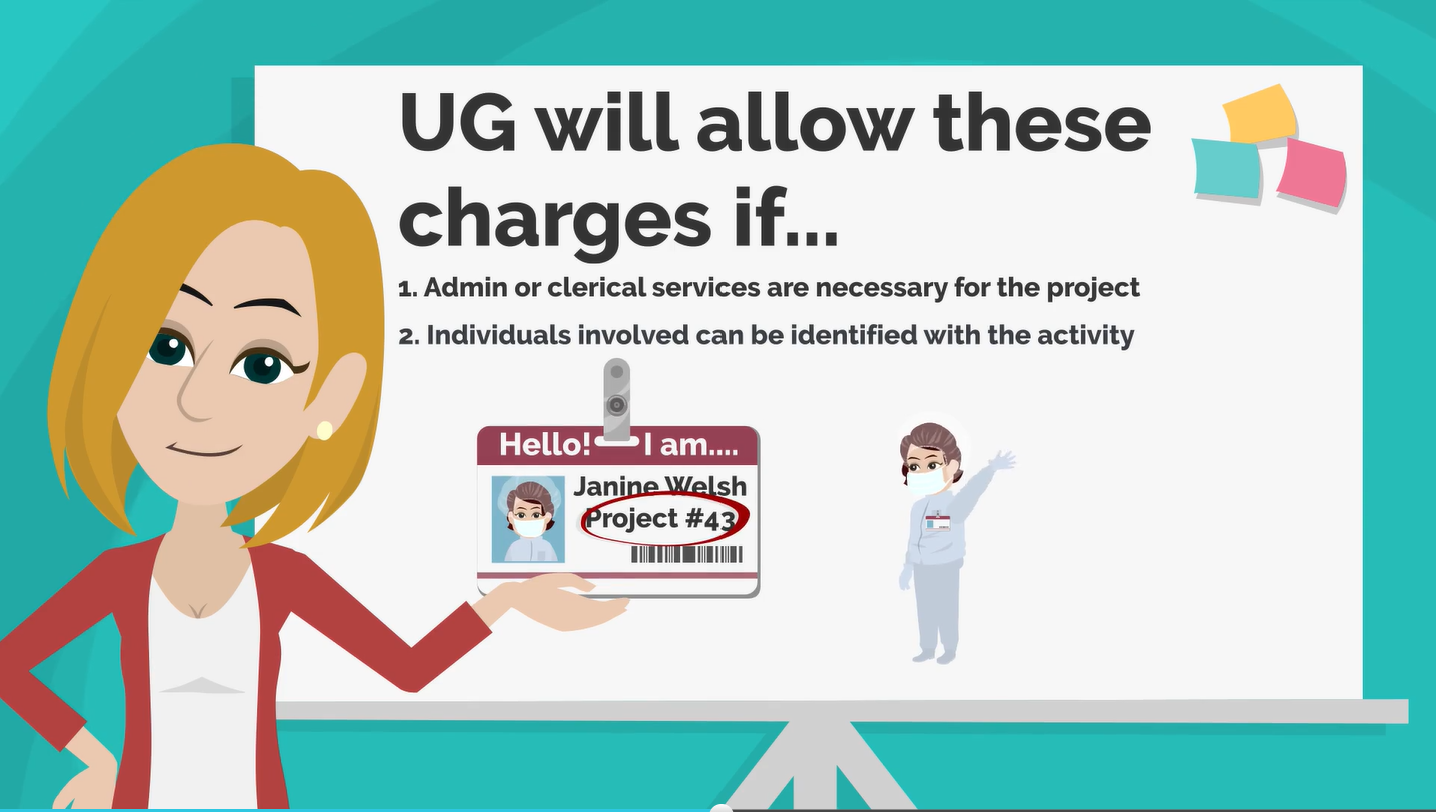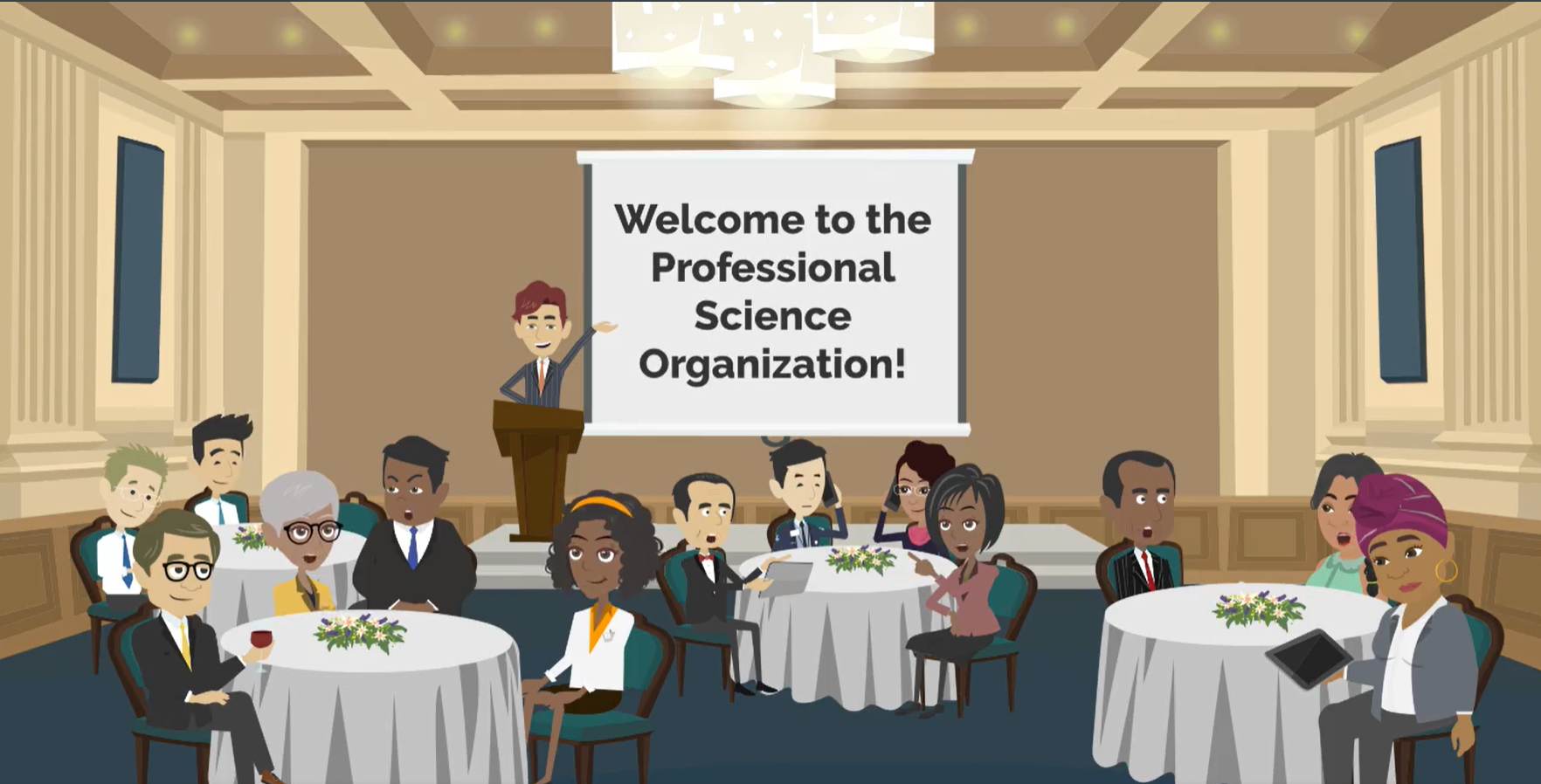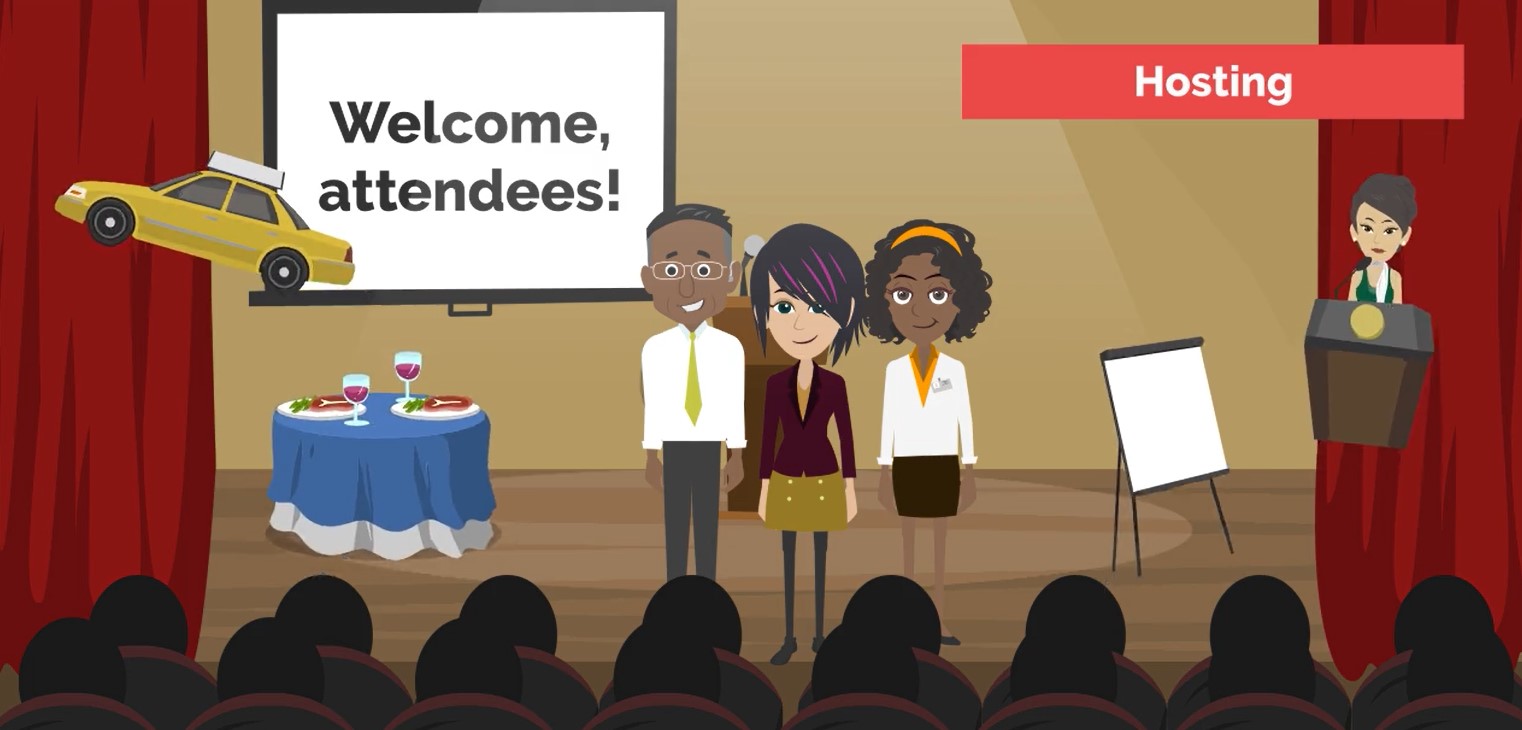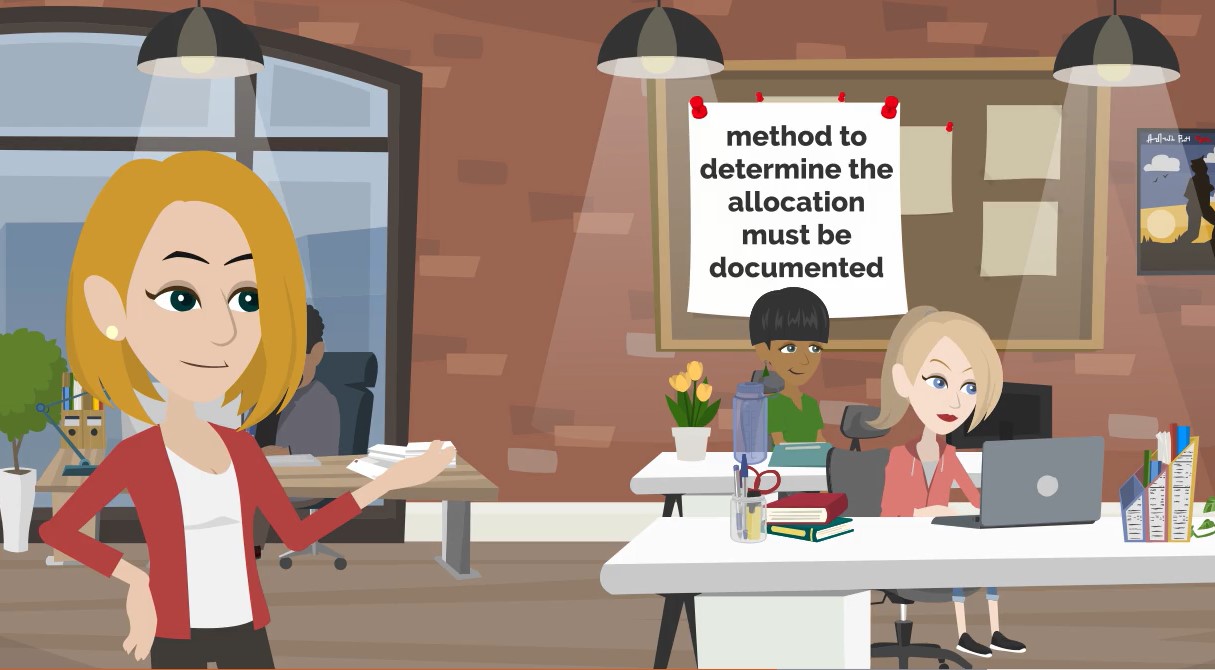The 2022-2023 REP awardees are:
Derek Aguiar, Computer Science and Engineering- $24,974.38
Probabilistic Learning Algorithms for Haplotype Phasing and Haplotype Assembly Unification
Ghada Almashaqbeh, Computer Science and Engineering- $24,997.70
Anonymity and Restricted Interaction Patterns in Private Machine Learning
Byoung-Il Bae, Neuroscience- $75,000
Unique Vulnerability of the Developing Human Cerebral Cortex to Loss of a Centrosomal Protein
Co-PIs: Jaime Imitola, Neurology; Fumihiro Watanabe, Neurology; Sonu Singh, Neuroscience; Hyopil Kim, Neuroscience
Mukul Bansal, Computer Science and Engineering- $47,084.51
Algorithms for Genome-Scale Inference of Microbial Phylogenies
Co-PIs: J. Peter Gogarten, Molecular and Cell Biology
Kelly Burke, Chemical and Biomolecular Engineering- $25,000
Implantable Degradable Films for Right-Size Post-Operative Pediatric Pain Control
Kimberly Chaney, Psychological Sciences- $25,259.36
Victims Can’t be Perpetrators: Anti-White Discrimination Claims Engender Anti-Black Discrimination Gap
Co-PIs: Kimberly Chaney, Psychological Sciences
Bodhisattwa Chaudhuri, Pharmaceutical Science- $49,998.08
Continuous manufacturing (CM) of the biological drug product for pulmonary drug delivery
Co-PIs: Yu Lei, Chemical and Biomolecular Engineering; Yanchao Luo, Nutritional Sciences; Matthew Stuber, Chemical and Biomolecular Engineering
Cristina Colon-Semenza, Kinesiology- $49,999.51
Comparison of whey protein and targeted amino acid supplementation on acute symptoms and L-Dopa pharmacokinetics in people with Parkinson's disease
Co-PIs: Jacob Earp, Kinesiology; Nancy Rodriguez, Nutrition; Bernardo Rodrigues, Neurology,
Jessica Costa, Center for Regenerative Medicine and Skeletal Development - $25,000
CDC73/parafibromin in mesenchymal progenitors and tumorigenesis
Nathan Fiala, Agricultural and Resource Economics- $49,150
Extension services in Ugandan schools: Exploratory evidence on teaching the next generation
Co-PIs: Jeantyl Norze, Extention; Nathan Fiala, ARE
Monika Filipovska, Civil and Environmental Engineering- $50,000
Interpretable Mobility-on-Demand Prediction and Hierarchical Data-Driven Fleet Coordination
Co-PIs: Suining He, Computer Science and Engineering
Breno Fragomeni, Animal Science- $25,000
Implementation of a genomic selection program for Service Dogs using a standardized database for behavior and health phenotypes
Alexandra Freidus, Educational Leadership- $49,659.25
A Qualitative Study of the Implementation of Ethnic Studies Mandates in Majority White Connecticut Schools
Shuresh Ghimire, Department of Extension- $24,762
Substitutability of cash and in-kind benefits among the poor farming households in a developing country
Co-PIs: Binod Khanal, Agricultural and Resource Economics
Rosaria Guzzo, Neuroscience - $25,000
Identification of novel Dot1L-protein interactions that regulate chondrocyte differentiation
Jie He, Chemistry- $50,363.63
C-H Bond Electroactivation of Nonpolar Organic Substrates in Water: Enzyme-Mediated Reaction Pathways in Microemulsions
Co-PIs: James Rusling, Chemistry
Christopher Heinen, Medicine- $75,000
Impacts of mismatch repair loss on the innate immune response
Co-PIs: Vijay Rathinam, Immunology; Abhijit Rath, Medicine
Mayu Inaba, Cell Biology - $25,000
Role of microtubule acetylation in preventing membrane micro-rupture in aged tissues
Solomiya Ivakhiv, Music- $10,000
Music of the Ukrainian Diaspora
Co-PIs: Virko Baley, University of Nevada in Las Vegas; Laryssa Kuzmenko, University of Toronto; Gary Kulesha, University of Toronto; Christina Quilico, York University; Theodore Kuchar, Lviv Philharmonic
Menka Jain, Physics- $50,000
New approaches for on-chip cooling for applications in electronics and quantum devices
Co-PIs: Ilya Sochnikov, Physics
Naba Karan, Material Science and Engineering- $48,372.91
Evaluation of Nanoscale Lithium Distribution Within a Secondary Cathode Particle for Li-ion Battery Using Identical Location (S)TEM-EELS
Co-PIs: Jasna Jankovic, Materials Science and Engineering
Jonathan Klassen, Molecular and Cell Biology- $50,000
Who is Protecting Whom? Defining Defensive Roles in a Multipartite Symbiosis
Co-PIs: Marcy Balunas, Pharmaceutical Sciences
Maria LaRusso, Human Development and Family Studies- $49,809.91
Adapting and Piloting a Social Justice Multi-Modal Intervention to Reduce Anxiety in BIPOC Youth
Co-PIs: Cesar Abadia, Anthropology and HRI
Seok Woo Lee, Material Science and Engineering- $25,000
Investigation on cryogenic shape memory effects of kinetically frozen ThCr2Si2-structured intermetallic compounds
Chen Liang, Operations and Info Management- $49,750
Enhancing the Well-being of Gig Workers Under Algorithmic Control: Adapting to Challenges and Changes
Co-PIs: Chen Liang, OPIM; Bowen Lou, OPIM
Kathleen Lynch, Educational Psychology- $24,911.36
The Impacts of Early Childhood Science, Technology, and Engineering Education Interventions on Science Achievement: A Meta-Analysis
Andreas Malmendier, Mathematics- $20,227.82
An algebro-geometric approach to special-function identities and their implementation into computing environments
Co-PIs: Carl Waller, University of Connecticut
Georgios Matheou, Mechanical Engineering- $50,000
Weather Forecast 2.0: Towards highly localized and accurate environmental forecasting
Co-PIs: Malaquias Pena, Civil and Environmental Engineering
Daniel McCarron, Physics- $25,000
Quantum Science with Ultracold RbCs Molecules
Meaghan McKenna, Educational Psychology- $25,000
Investigating Kindergarten and First Grade Sentence Writing
Co-PIs: Hope Gerde, Texas A&M University/Teaching, Learning, & Culture; Robert Dedrick, University of South Florida/Educational Measurement and Research Program
Hideyuki Oguro, Cell Biology- $75,000
Hematopoietic stem cell mobilization, cholesterol metabolism, and complications in pregnant women
Co-PIs: Andrea Shields, Department of Obstetrics and Gynecology; Chia-Ling Kuo, Connecticut Convergence Institute for Translation in Regenerative Engineering and Department of Public Health Sciences
Malaquias Pena Mendez, Civil and Environmental Engineering- $50,000
Multi-Time Scale Forecasting in Dispatch Hierarchy Frameworks for Renewable Energy Integration
Co-PIs: Zongjie Wang, Electrical and Computer Engineering
Rebecca Puhl, Human Development and Family Studies- $24,177.54
Advancing Understanding of Diabetes Stigma in Healthcare: The Role of Physician Biases in Patient Communication, Perceived Barriers, and Provision of Care.
Co-PIs: Brooke Bennett, UConn Rudd Center for Food Policy & Health
Diane Quinn, Psychological Sciences- $19,115
Unpacking the relationship between mental health stigma and treatment seeking intentions
Co-PIs: Nishith Prakash, Economics
James Rusling, Chemistry- $50,000
Rapid CRISPR-based blood test for early Alzheimer's disease
Co-PIs: Breno Diniz, Uconn Health, Center for Aging; Islam Mosa, Chemistry
Tannin Schmidt, Biomedical Engineering- $74,853
Role of Proteoglycan 4 (PRG4) in Inflammatory Bone Loss
Co-PIs: Sun-Kyeong Lee, Medicine; Joseph Lorenzo, Medicine; Kshitiz Gupta, UCHC Biomedical Engineering; Alix Deymier, Biomedical Engineering
Sandra Sirota, Human Rights Institute- $49,923.94
Transformative agency in teachers and youth: cultivating civic engagement through human rights education
Co-PIs: Thomas Levine, Education; Ian McGregor, Human Rights Institute; Alan Marcus, Education; Glenn Mitoma, Human Rights Institute/Education
Ali Tamayol, Biomedical Engineering- $100,000
Nanoengineered multifunctional microneedles for treatment of chronic wounds
Co-PIs: Robert Clark, Immunology; Yupeng Chen, Biomedical Engineering; Tannin Schmidt, Biomedical Engineering
Fiona Vernal, History- $25,000
Hartford Bound: Race, Place, and Ethnicity through the Great Migration Traditions of African Americans, Puerto Ricans and West Indians
Huanzhong Wang, Plant Science and Landscape Architecture- $25,000
Inter-cell layer peptide signal in regulating vascular cambium activity
Guiling Wang, Civil and Environmental Engineering- $24,649
Take the flashness out of flash drought: Flash drought early warning based on remotely sensed solar-induced chlorophyll fluorescence
Yi Zhang, Biomedical Engineering- $49,863.63
A wireless, battery-free multimodal neural probe for simultaneous neuropharmacology and membrane-free neurochemical sampling in freely moving rodents
Co-PIs: Alexander Jackson, Physiology & Neurobiology; John Salamone, Psychological Sciences; Xudong Yao, Chemistry
Junbo Zhao, Electrical and Computer Engineering- $25,000
Cyber-Physical Distribution System Attack Forecasting, Location, and Service Restoration with High Penetration of Distributed Energy Resources

